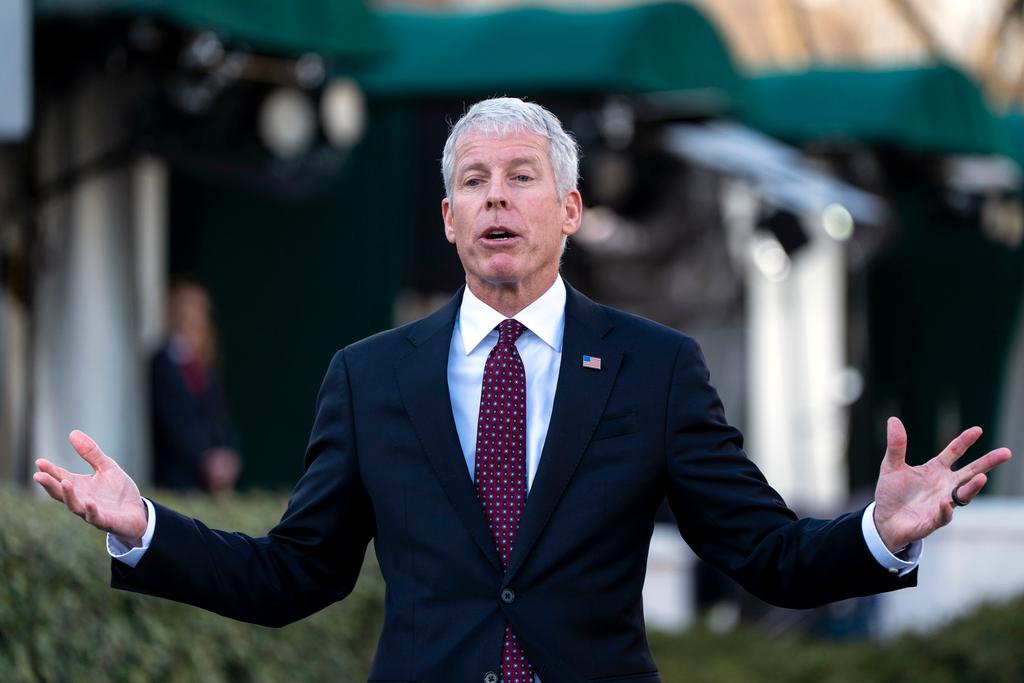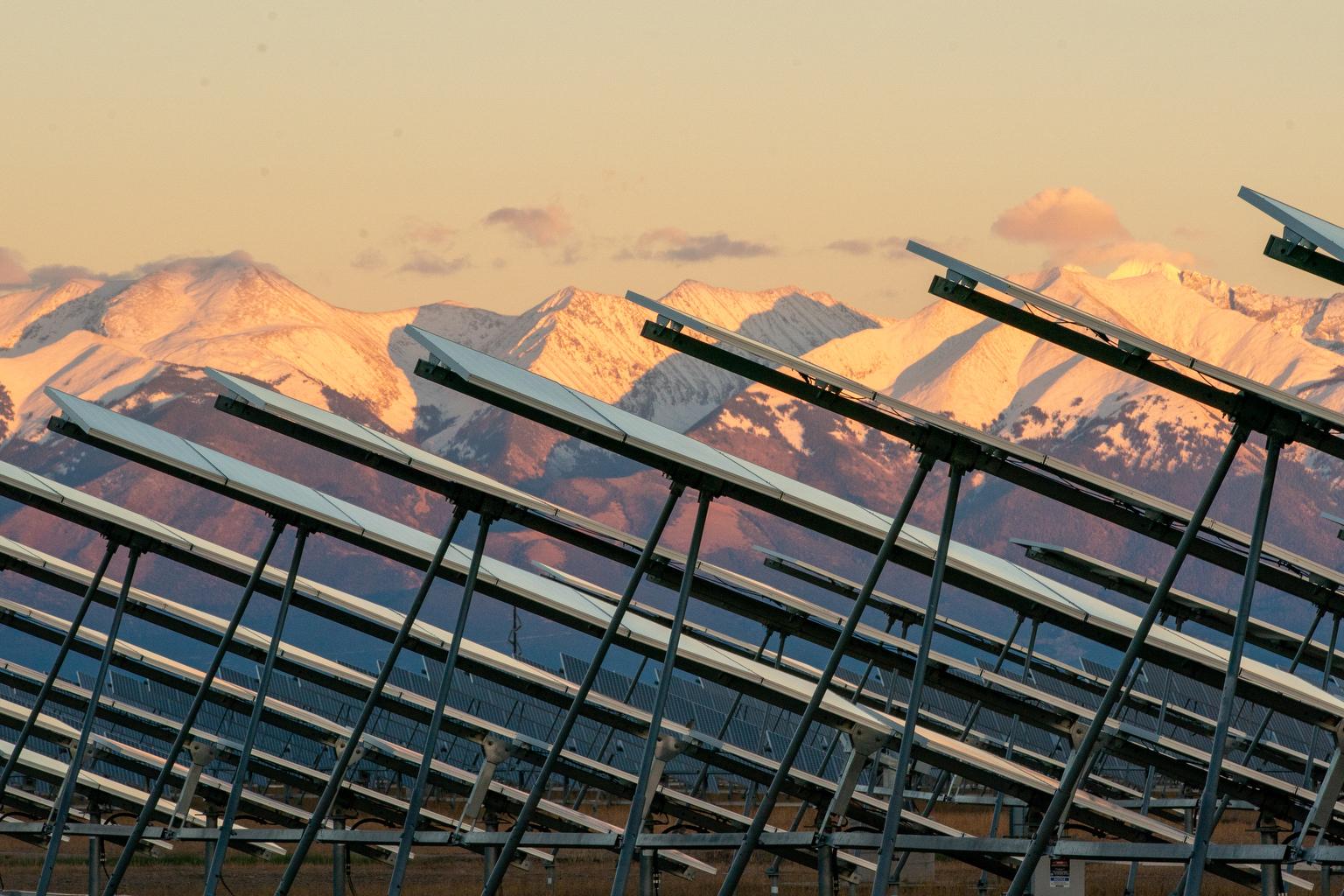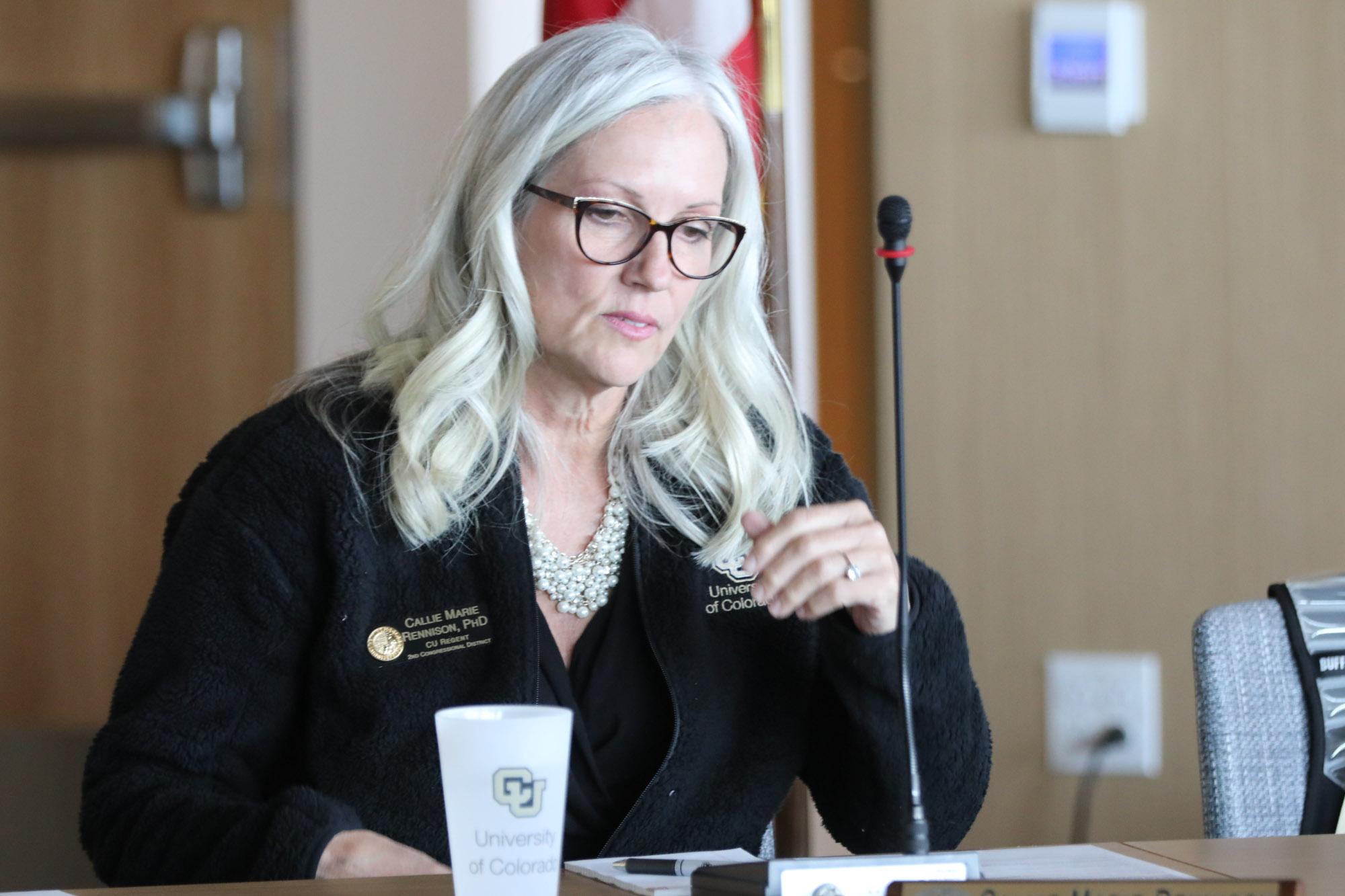The Arkansas River supports economies in Colorado from Leadville to La Junta and beyond. With base industries including tourism and agriculture, southern Colorado depends on the river's yearly flows. But climate researchers expect declines in those flows over time, leaving the Arkansas River and its dependents at risk of facing a future with less water.
The river begins near Leadville and runs through towns including Buena Vista, Salida, Pueblo, and La Junta before reaching Kansas and ending up in the Mississippi River. The river's upper reach supports a booming tourism economy, while agricultural interests dominate the lower basin in Colorado.

Bill Banks heads the United States Geological Survey (USGS) office in Pueblo, which tracks the river's flow. He says snowpack is above average this year.
"This year is a good water year," he says. "There's a lot of snow up there."
Banks says snowpack mostly determines a good or bad water year, but there are other factors that can come into play as well.

"If we have very warm winds blowing over that snowpack, it rushes down very quickly and perhaps we may not be able to use it as efficiently as if it were to melt more slowly," he says.
According to researchers, increased temperatures and earlier spring runoff are already occurring and will continue with climate change. Boulder-based Brad Udall studies the connection between climate change and water resources at the Colorado Water Institute, which is part of Colorado State University.
"There are a whole series of implications that come out of global climate change that directly tie to our water resources, and the two again, they're joined at the hip," Udall says. "I say climate change is water change."
Udall released a study this year on the effects of climate change on the Colorado River. He says his findings can be directly applied to the Arkansas because of the close proximity of their headwaters. Udall says climate change will bring increasing temperatures, which will likely affect stream flow.
"What we predict is that by mid-century, the Colorado River could lose up to 20% of its flow based on temperature influences, and by end of the century up to 35% if we continue to emit greenhouse gases as we currently are," he says. "And I think those numbers are probably valid for the Arkansas as well."
Researcher Jeff Lukas is with the Western Water Assessment out of the University of Colorado Boulder. He's the lead author of a 2014 report, Climate Change in Colorado [.pdf], which looks at how climate and water are connected in the state. The report also examines precipitation, which Lukas says is much more difficult to predict than temperature. He says snow and rainfall could possibly increase as the century unfolds, which could create more runoff, but he says it's hard to tell.

"My message for the Arkansas and the other basins in Colorado is, we might get bailed out by more precipitation, but we shouldn’t count on that, and we should expect a future with less annual runoff and prepare for that," says Lukas.
And even though precipitation predictions are hazy, Lukas says some climate models show southern Colorado's water basins, including the Arkansas, at a higher risk of becoming drier because of their desert environments.
"The northern basins in Colorado, particularly in the northwest, so the Yampa and also to some extent the South Platte basin in the northeast, show somewhat wetter outcomes for future runoff than the southern basins, the San Juan, the Rio Grande, the Arkansas," he says.
Colorado Water Institute's Brad Udall says climate change is causing desert environments like in New Mexico and Arizona to creep northward, which could lead to further drying in the lower Arkansas River basin.

"It’s the lower river where there's 400,000 irrigated acres that contribute a billion and a half dollars to the economy from agricultural production," Udall says. "That’s the area where I think one has to worry about what happens."
Udall says the effects of climate change could put pressure not only on agriculture, but also on municipalities and the environment. He says this is a basin-wide issue that all stakeholders should take part in mitigating.
"This is really a question of governance, it’s a question of how do we allocate a precious resource," he says.
As for his part, Udall is currently working on developing a series of online classes for Colorado State University on climate change and water tailored to the agricultural community.
"A Future with Less Water: Climate Change Along the Arkansas River" is the first story in a three-part series that examines climate change along the Arkansas River. The second piece visits the Upper Arkansas River Valley, which relies on the river for recreation and tourism. The third piece visits the Lower Arkansas River Valley, which relies on the river for agriculture.








